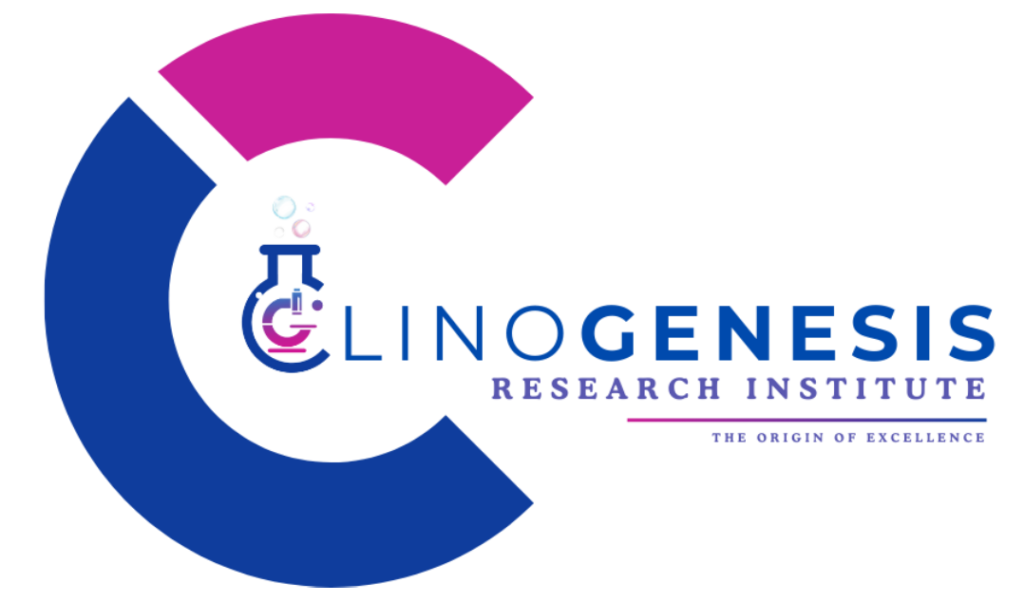The integration of artificial intelligence in clinical trials is not just a futuristic idea but a transformative force that is reshaping how clinical research is conducted. From enhancing patient recruitment to predicting outcomes, AI is proving to be a valuable tool in clinical research.
But how exactly is AI impacting clinical trials? Can artificial intelligence improve the efficiency, accuracy, and speed of these trials, making drug discovery and patient treatments faster and more reliable?
How is AI Transforming Patient Recruitment in Clinical Trials ?
One of the biggest challenges in clinical research is patient recruitment. Traditional methods are often slow, expensive, and inefficient. AI is changing the game by using data from electronic health records (EHRs), wearable devices, and even social media to identify potential participants quickly.
Artificial intelligence in clinical trials can sift through vast amounts of data to identify patterns, matching the right patients with the right trials. For example, AI algorithms can analyze a patient’s medical history, genetic makeup, and lifestyle to determine whether they’re suitable for a particular study. This not only speeds up the recruitment process but also ensures a more targeted approach, increasing the likelihood of a successful trial.
In India, where the diversity in genetic profiles and healthcare challenges is vast, the use of AI in clinical research for patient recruitment is particularly valuable. By accurately identifying and enrolling the right candidates, AI is helping overcome traditional barriers to clinical trials, making it easier to conduct research in both urban and rural settings.
Can AI Improve Data Collection and Monitoring in Clinical Research?
Data collection and real-time monitoring are crucial in clinical trials. With the integration of artificial intelligence for clinical trials, data collection has become more efficient, accurate, and automated. AI tools can continuously monitor patient data through wearable devices and mobile apps, feeding information into the trial’s database without the need for constant human oversight.
For example, AI-powered wearables can track a patient’s vital signs, activity levels, and even sleep patterns, providing a wealth of information that can be used to gauge the effectiveness of a treatment. This data, in turn, helps researchers make informed decisions faster, improving both the quality and the speed of the trial.
In addition, AI algorithms can detect anomalies in data, flagging any issues in real-time. This proactive monitoring helps to catch problems early, preventing costly delays and ensuring the integrity of the data collected. This is especially important in long-term trials, where patient adherence and data consistency can often be challenging.
What Role Does AI Play in Predicting Clinical Trial Outcomes?
Another major advantage of AI in clinical research is its predictive capabilities. AI models can analyze historical data from previous clinical trials and use machine learning algorithms to predict the outcomes of new trials. This ability to forecast results enables researchers to optimize trial designs, ensuring better resource allocation and potentially reducing the time it takes to bring a drug to market.
Moreover, AI can help identify early indicators of success or failure in a trial. By analyzing real-time data, it can alert researchers to patterns that may indicate whether a treatment is working or if there are risks of adverse effects. This not only improves patient safety but also helps make the decision to continue, modify, or halt a trial based on predictive insights.
In an Indian context, where healthcare resources may sometimes be limited, the use of artificial intelligence in clinical trials can be a game-changer. By predicting outcomes more accurately, researchers can prioritize the most promising treatments and minimize wasted time and effort.
Can AI Enhance the Ethical Conduct and Compliance of Clinical Trials?
Ensuring that clinical trials are conducted ethically and in compliance with regulatory standards is crucial. AI is playing a key role in automating the compliance process, ensuring that clinical trials follow the necessary guidelines. From informed consent to data privacy regulations, AI tools can help monitor and document compliance more effectively than manual processes.
For example, AI-powered platforms can assist in creating digital consent forms that are easier for patients to understand and sign, while also maintaining a secure record. Additionally, AI can ensure that patient data is anonymized and stored in compliance with data protection regulations, which is especially important as trials go digital.
By ensuring ethical practices are followed consistently, AI in clinical research not only builds trust in the process but also safeguards the well-being of participants.
How is AI Impacting the Future of Clinical Trials in India?
India’s growing healthcare sector has a huge potential for innovation, and artificial intelligence for clinical trials is at the forefront of this change. AI is expected to make clinical trials faster, more cost-effective, and more inclusive, addressing many of the challenges that have historically slowed down research in the country.
By streamlining the recruitment process, enhancing data collection, and predicting outcomes more accurately, AI is helping to democratize clinical trials, making it easier for diverse populations to participate in research. This is crucial for developing treatments that are effective across different demographics, particularly in a country as diverse as India.
Moreover, with AI automating many aspects of clinical trial management, the overall cost of conducting trials is expected to drop. This reduction in cost could encourage more pharmaceutical companies to invest in research within India, making the country a global hub for clinical trials.
How Can ClinoGenesis Research Institute Help?
At ClinoGenesis Research Institute, we recognize and undertsand the transformative potential of AI in clinical research. We offer specialized courses in clinical research that incorporate the latest developments in AI and data science. Our programs are designed to equip you with the skills necessary to navigate the evolving landscape of clinical trials, preparing you for a rewarding career in this dynamic field.
Our courses are tailored to help you understand both the global trends and local nuances in clinical research. Whether you’re just starting out or looking to advance your career, our expert-led programs will give you a competitive edge.
Plus, we provide assistance with job placements, ensuring that you can put your knowledge to practical use in the industry.
So, it is true that AI is revolutionizing clinical trials, making the process faster, more efficient, and more inclusive. With its ability to enhance patient recruitment, improve data collection, predict outcomes, and ensure compliance, artificial intelligence in clinical trials is driving a new era of innovation in healthcare.
By enrolling in courses at ClinoGenesis, you can be at the forefront of this exciting change, positioning yourself for a successful career in clinical research.




